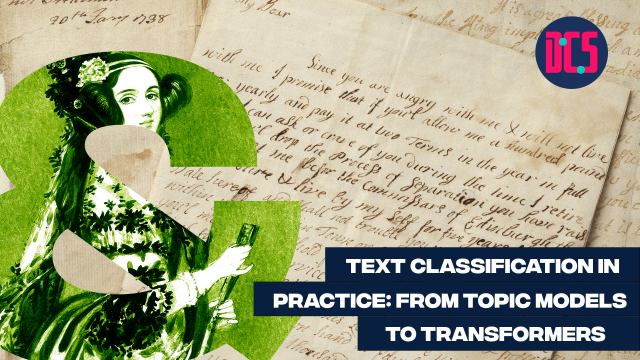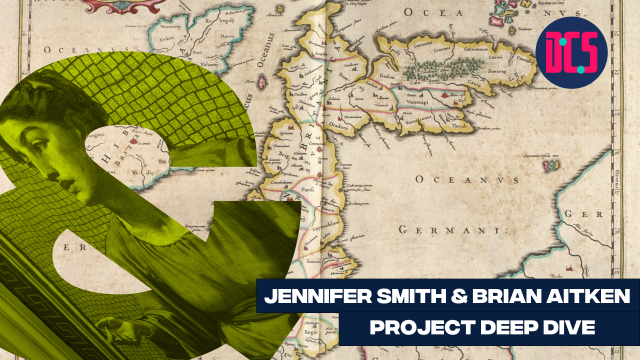Digital Method of the Month: Text Analysis

Have you seen a presentation on digital research methods and wondered if they are applicable to your work? Are you interested in learning new digital skills but unsure where to start?
This is the right place for you!
The digital method of the month meeting is a safe space to freely discuss the practicalities of learning and implementing a new digital skill in your research.
Each month we select a method, and we have an honest and practical discussion on what it takes to learn and master it. How much time will it take to get the basics? What are the software options available? What are the most common pitfalls? Where can you find more info on the subject? Etc...
The method of this month is Text Analysis. Text analysis allows for patterns in language to be studied on a large scale, enabling “distant reading” of books, magazines, newspapers, and other digitized texts. Join us to learn about the resources that the programming language Python offers for text analysis. During the meeting we’ll cover the basics of preparing a file (or collection of files) for text analysis, the types of questions that text analysis can answer, and the different tools you can use to answer those questions.
No previous knowledge of the method is needed. This training event will be held via Microsoft Teams.
Due to high demand for our training events, our cancellation and no-show policy applies to bookings for this event. Click here for details of this policy.












